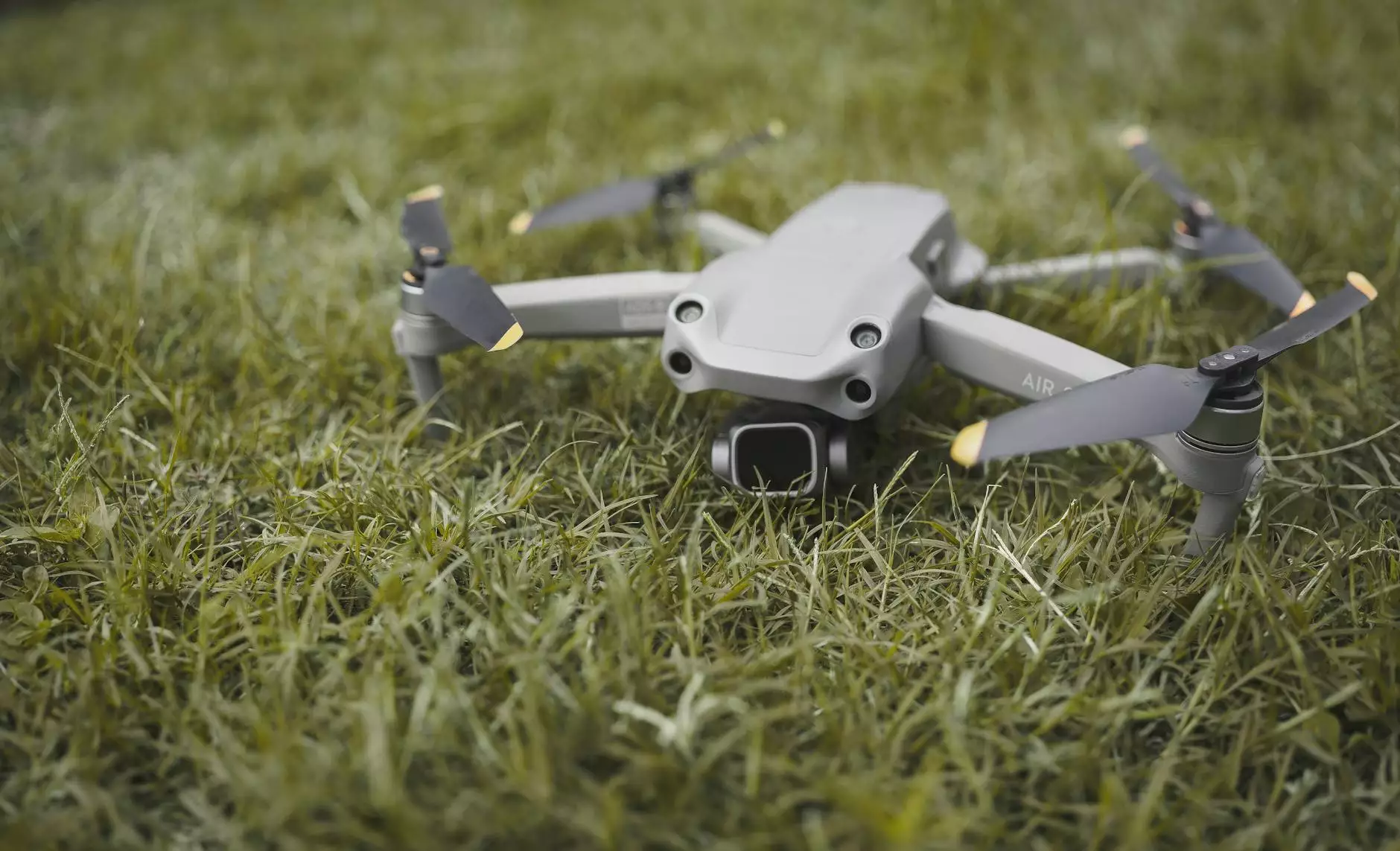Benefits of Using Drones for Field Processing

In recent years, the use of обработка полей дронами (field processing with drones) has revolutionized the agriculture industry. Drones are remote-controlled aerial vehicles equipped with various sensors and cameras that capture valuable data to help farmers optimize their processes. The integration of drones in agriculture has brought numerous benefits that are reshaping the way farmers work in the fields. Let's explore some of these advantages below.
Enhanced Efficiency and Precision
One of the key benefits of utilizing drones for field processing is the enhancement of efficiency and precision in farming operations. Drones can fly over fields and collect data such as crop health, irrigation levels, and pest infestations with high accuracy. This data allows farmers to make informed decisions quickly and address issues in a timely manner, ultimately improving crop yields and reducing wastage.
Cost-Effective Solution
Implementing обработка полей дронами is a cost-effective alternative to traditional methods of field monitoring and management. Drones are relatively affordable and require minimal operational costs compared to hiring labor or using machinery. By utilizing drones for tasks such as crop scouting, mapping, and spraying, farmers can save time and resources while maximizing their output.
Data-driven Insights
With drones capturing precise data from fields, farmers can gain valuable insights into crop health, soil conditions, and overall field performance. This data-driven approach enables farmers to make data-backed decisions, implement targeted interventions, and optimize their farming practices for better outcomes. By leveraging the power of data analytics, farmers can achieve higher productivity and profitability.
Environmentally Friendly Practices
Using drones for field processing promotes environmentally friendly practices in agriculture. Drones can help reduce the need for chemical inputs by enabling precision agriculture techniques like targeted spraying and fertilization. By applying inputs only where needed, farmers can minimize the environmental impact of their operations and contribute to sustainable farming practices.
Remote Monitoring and Control
One of the significant advantages of обработка полей дронами is the ability to remotely monitor and control field operations. Farmers can deploy drones to survey large areas of farmland quickly and efficiently, identify potential issues, and take immediate action from a remote location. This real-time monitoring capability enhances operational agility and reduces response times to crop-related challenges.
Improved Decision-making and Planning
By utilizing drone technology for field processing, farmers can improve their decision-making processes and enhance long-term planning. Drones provide valuable insights into crop growth patterns, disease outbreaks, and yield projections, enabling farmers to proactively address issues and optimize their farming strategies. The availability of accurate and real-time data empowers farmers to make informed decisions that drive sustainable growth and productivity.
Conclusion
In conclusion, the use of drones for field processing offers numerous benefits to farmers in the agriculture industry. From enhancing efficiency and precision to promoting sustainable practices and enabling data-driven insights, drones are reshaping the way farmers manage their fields. With the power of обработка полей дронами, farmers can optimize their operations, increase productivity, and drive innovation in agriculture. Embracing drone technology in field processing is not just a trend but a transformative approach that is revolutionizing the agricultural landscape.



